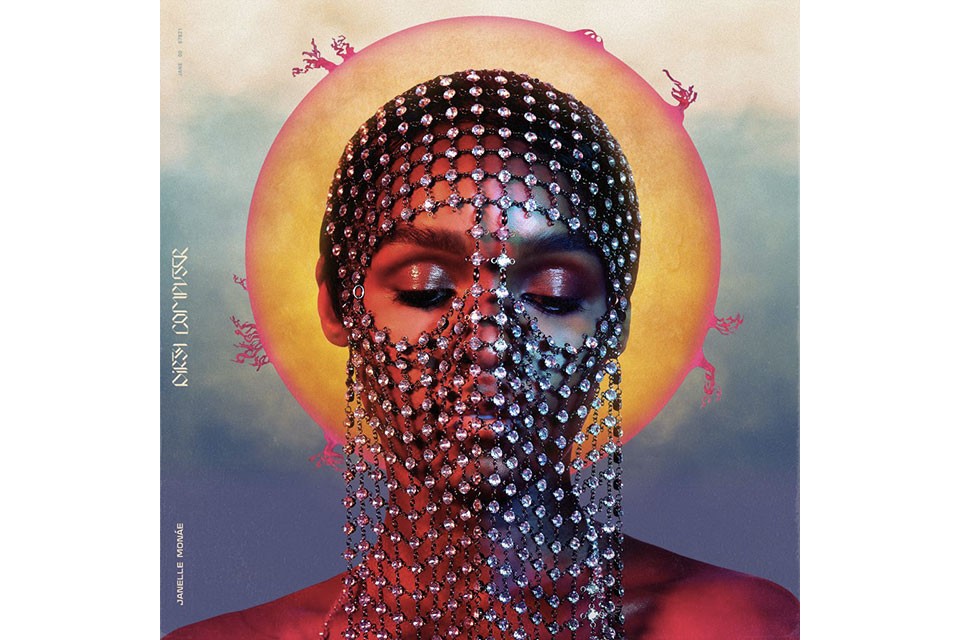Similar to the messages of sexuality and gender present in glam rock that exist within “I Want to Break Free,” Janelle Monáe relies upon her Afrofuturistic musical influence in “PYNK” to “confront racism, classism, heterosexism, and [offer] a critique of systems of oppression in the US” (Gipson 2016, 91). Gipson, a PhD student at UC Berkeley, assigns Monáe the title of “Afrofuturism’s musical princess,” referring to her use of technology, femininity, and black popular culture in her music to criticize these issues of gender, sexuality, and race. In addition to the sociocultural messages of Afrofuturism, Afrofuturistic music is known for its futuristic, digital sound. Monáe’s Afrofuturistic influences are crucial to understanding “PYNK” because the song and video’s underlying messages and musical elements are consistent with the culture of Afrofuturism. Although “PYNK” is best considered through the lens of Afrofuturism and “I Want To Break Free” by Queen through that of glam rock, both musical influences, Afrofuturism and glam rock, are characterized by their critiques of heterosexuality and gender dynamics in their respective decades.
